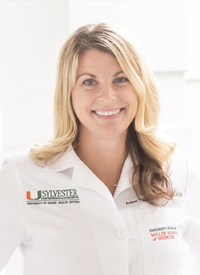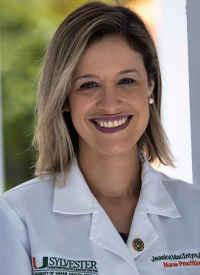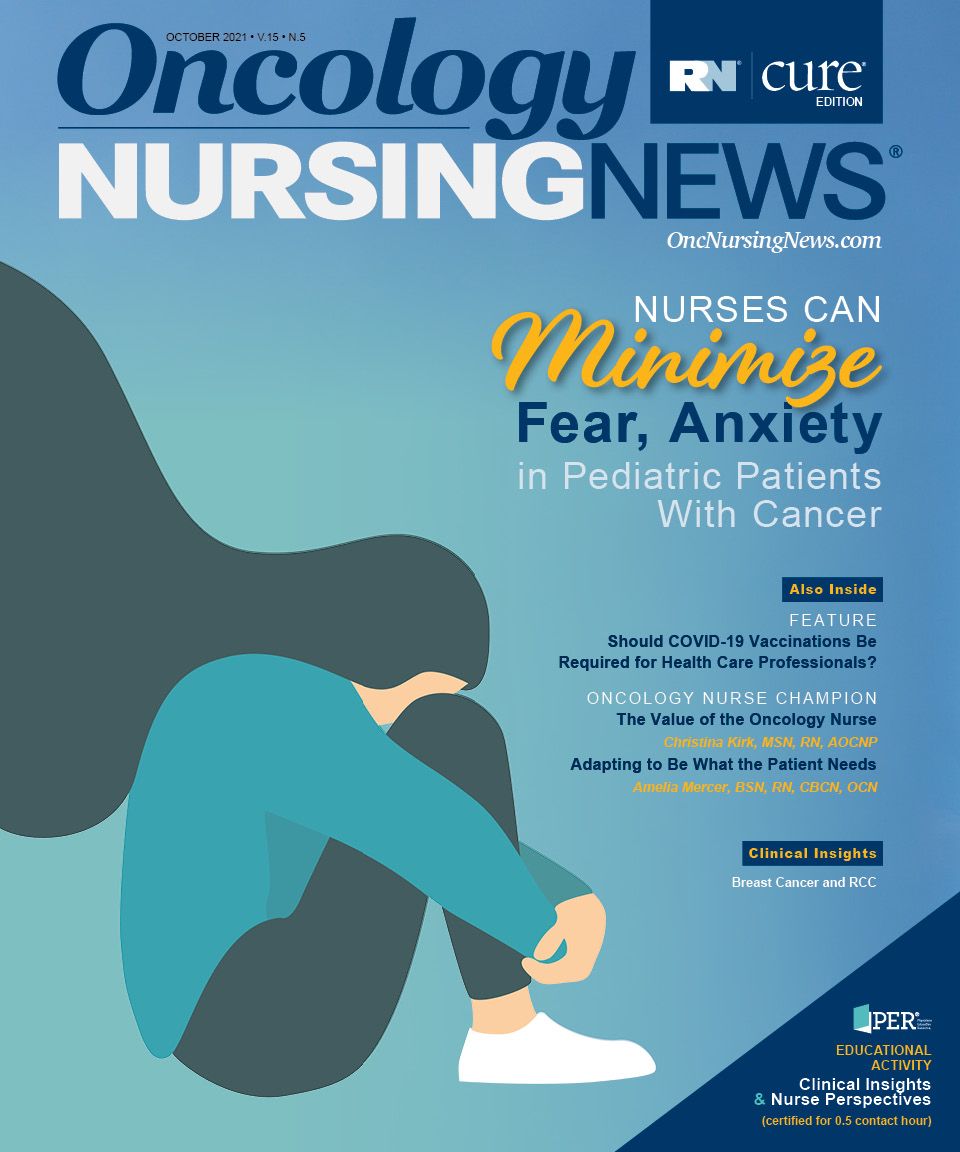Advanced Practice Fellowships Prepare Recent Graduates for Success in Oncology
The Oncology Nurse Practitioner Fellowship at Sylvester Comprehensive Cancer Center exposes fellows to the gamut of oncology care and teaches the skills they need to succeed.
The Hematology/Oncology Nurse Practitioner Fellowship at Sylvester Comprehensive Cancer Center in Miami, Florida, demonstrates how advanced practice fellowship programs prepare new graduates for success in oncology. The program, which is accredited with distinction by the American Nurses Credentialing Center through the Practice Transition Accreditation Program,1 rotates fellows through the different subspecialties of oncology across a 52-week period. These rotations include breast, gastrointestinal, hematology, stem cell, inpatient, and outpatient, as well as support services, such as the social work team and palliative care.
In addition, fellows are required to complete a quality improvement project and present their findings. The program initially began with the objective of improving retention rates of employees. In the 5 years since the fellowship began, Sylvester has successfully retained 100% of their fellows; each graduated fellow continues to work at Sylvester today.
“I can say that it was definitely one of the best career decisions I have made...and that it opened a lot of doors for me,” said Amber Thomassen, APRN-BC, AOCNP, in an interview with Oncology Nursing News®. Thomassen, advanced practice supervisor of clinical operations, was the first fellow to graduate from the program in 2017. Today, Thomassen oversees the current fellows both as direct supervisor and as a mentor.
Amber Thomassen, APRN-BC, AOCNP

She reminisced about how the fellowship transformed her own career goals. “At first, I thought I wanted to work with solid tumors, but because of my experience with the fellowship, I got to experience the hematology side of things and participate in research in hematology clinical trials. I knew it existed, but [before the fellowship], I really had no experience there. Right now, I do phase 1 research with hematology patients, so I kind of found that whole niche through the fellowship,” Thomassen said.
A Mentorship Experience
Fellows are given a timeline with specific competencies they are required to meet, and they check in with their supervisor biweekly to both ensure that these competencies are being met in accordance with the timelines and maintain an open line of communication between the program coordinators and the nurses. Additionally, the program always has at least 2 fellows and pairs current and graduated fellows together, so the fellows always have a support system they can turn to with questions.
“That is the difference between the fellowship versus going out into real practice,” said Jessica MacIntyre, APRN, NP-C, AOCNP, executive director of clinical operations at Sylvester Comprehensive Cancer Center. “A lot of people fear saying that they don’t know something [or] saying that they need help, especially if you’re talking to a clinician colleague…so we develop that mentorship over time, and they develop bonds together.”
Jessica MacIntyre, APRN, NP-C, AOCNP

Advice for Prospective Applicants
“You need to be flexible,” Thomassen and MacIntyre said. Because there are frequent rotations and schedules will change, nurses applying to the program must have the capability to perform while they learn a myriad of topics, meet many new personalities, and handle the emotional and mental components that accompany advanced practice oncology care.
In addition, the program prefers nurses that have recently graduated with their nurse practitioner degree. Not only is it difficult to complete the fellowship and attend school simultaneously, but the fellowship also seeks to provide a strong foundation for which the nurse can build their career. The ideal candidate is a nurse who is truly passionate about oncology and seeks to be an advocate for change within the area of medicine.
“It is a great opportunity for any institution to showcase the value of the advanced practice role and the value that nurse practitioners are going to be having in oncology, knowing that we do need to train because oncology is becoming more and more complex,” MacIntyre said. “As we evolve more and as we find all these new technologies and all these new drugs, you will need more experienced people. It is going to be more difficult to transition to a nurse practitioner without that background.”
Reference
Oncology nurse practitioner fellowship. University of Miami Sylvester Comprehensive Cancer Center. Accessed August 8, 2021. https://umiamihealth.org/sylvester-comprehensive-cancer-center/healthcare-professionals/the-office-of-education-and-training/oncology-nurse-practitioner-fellowship



